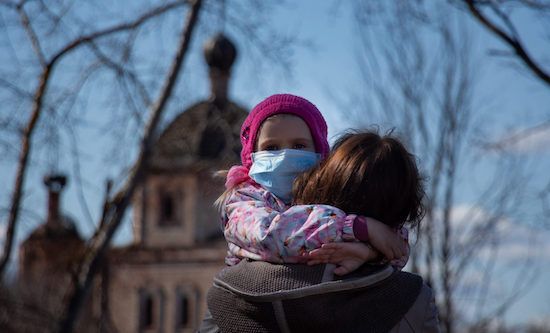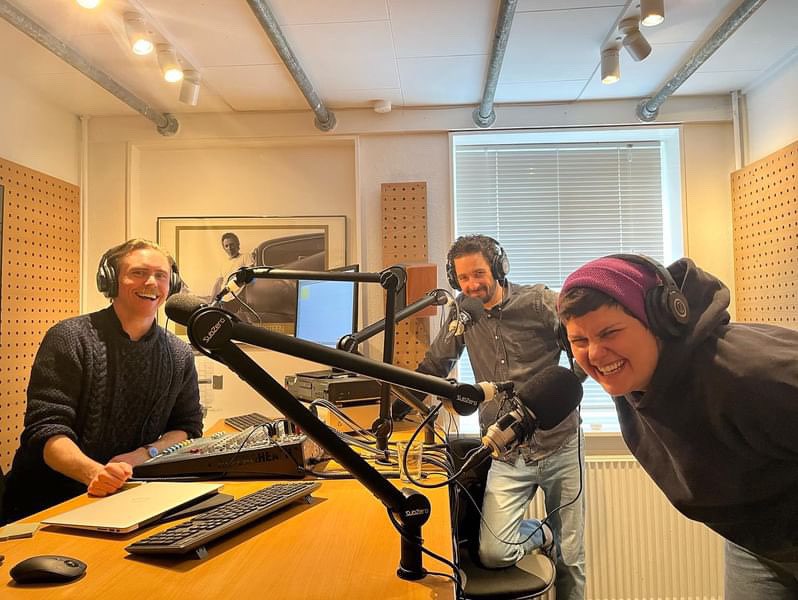Two schools and eight daycare institutions in the central Jutland city of Kolding will remain closed until Friday 26 following coronavirus outbreaks that experts claim underline the devastating potential of the British variant of COVID-19.
At the last count the two schools had a total of 69 infections among staff and students, while up to 20 have been infected at the daycare institutions.
Something weird with the kids
Speaking to DR, Viggo Andreasen, an associate professor at Roskilde University who is swiftly becoming the nation’s favourite mathematical epidemiologist, questions whether there is “something going on with the infection of [the British variant] B117 among children that we have not seen with the old coronavirus”.
“If we see more examples like this, then we must ask ourselves whether it is too risky to open the schools to the little ones,” he continued.
“This means there is a good risk that infection chains will run for quite some time before we discover them. There are probably also some parents who have become infected.”
Another wave in April?
Professor Allan Randrup Thomsen, a virologist connected to the University of Copenhagen who advises the government, questions whether there can be a partial reopening of society on March 1.
“Based on what has happened in Kolding, we can see that there is a great potential for infection with the British variant – even under the restrictions we have now.
“When the British variant takes over, there will be a marked increase in the number of infected and hospitalised in April.”
Reopenings should be small and local
Susanne Ditlevsen, a professor of statistics at the University of Copenhagen, concurs.
“It looks difficult. If there are to be reopenings on March 1, they must be very small – and possibly local as well. We have to give it time every time we make a reopening to see what happens,” she said.
“And then we just have to know that we are heading towards brighter times. For spring is coming and the vaccines are coming. It’s just not right now.”
Looking for patterns
The Agency for Patient Safety is among those analysing the data of Kolding – using the reprieve of the ongoing winter half-term, which concludes on Sunday – to possibly make a decision on further closures.
“We try to look at the numbers to see if it is specific places, areas or age groups that are affected,” explained Charlotte Hjorth, a manager at the agency.
There are currently 214 infections per 100,000 people in Kolding, making it the second most infected municipality in the country after Ishøj.














